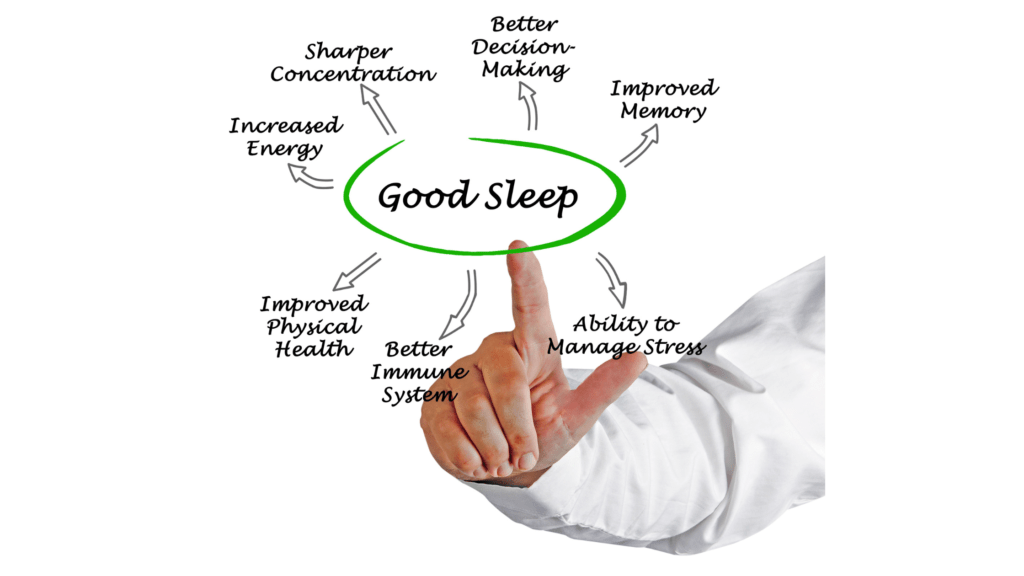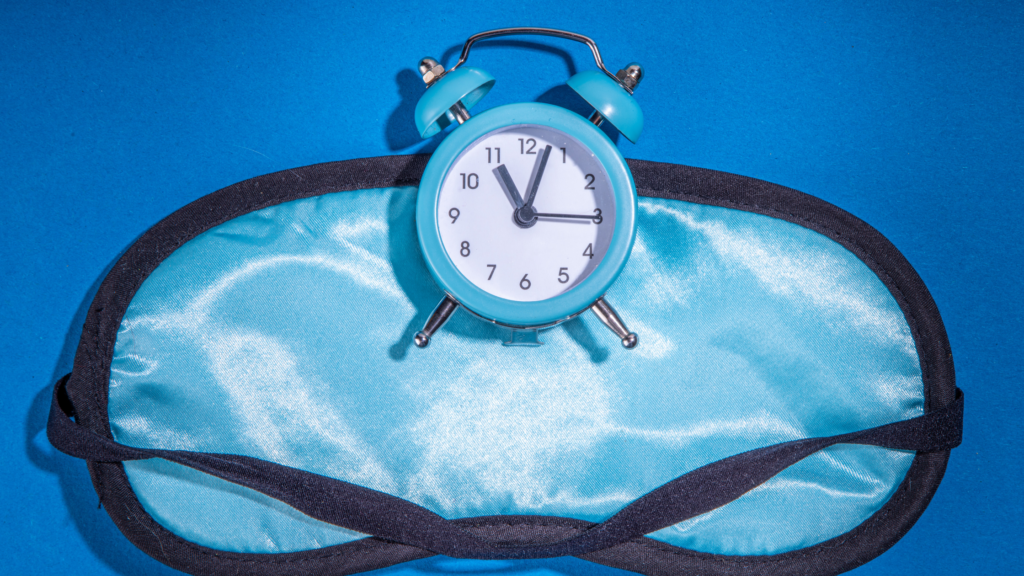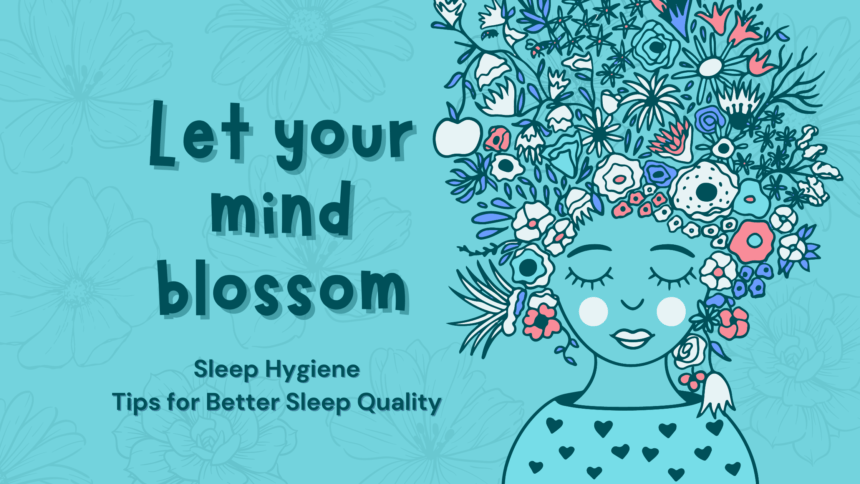Introduction
The Importance of Sleep Health
Sleep is not just a passive state of rest; it is a fundamental pillar of health. Adequate sleep is vital for physical recovery, mental clarity, and emotional stability. In our fast-paced world, prioritizing sleep health tips is crucial to maintaining overall well-being.
Defining Sleep Hygiene
Sleep hygiene refers to the habits and practices conducive to sleeping well on a regular basis. Good sleep hygiene can make the difference between restful slumber and restless nights. Understanding and implementing effective sleep health tips can significantly enhance your sleep quality.
Understanding Sleep Cycles
Stages of Sleep
Sleep occurs in cycles comprising various stages, including light sleep, deep sleep, and REM (rapid eye movement) sleep. Each stage serves a unique purpose in the restorative process of sleep. Recognizing these stages helps in appreciating the complexity of sleep health.
The Role of Circadian Rhythms
Circadian rhythms are the natural, internal processes that regulate the sleep-wake cycle. These rhythms are influenced by external cues like light and temperature. Keeping these rhythms in sync with your daily schedule is one of the most effective sleep health tips.

Creating a Sleep-Conducive Environment
Optimal Bedroom Settings
Your bedroom should be a sanctuary for sleep. Comfortable bedding, a supportive mattress, and a clutter-free environment can create an inviting space for rest. Investing in a good mattress and pillows is a pivotal sleep health tip.
The Importance of Darkness
Darkness cues the body to produce melatonin, a hormone that promotes sleep. Using blackout curtains or eye masks can help maintain a dark environment, enhancing sleep quality. Limiting light exposure before bedtime is an essential sleep health tip.
Temperature Control
A cool bedroom environment, typically between 60-67 degrees Fahrenheit, is ideal for sleep. Adjusting the thermostat or using fans can help maintain this temperature range, contributing to better sleep.
Bedtime Routines and Rituals
Establishing Consistent Sleep Schedules
Going to bed and waking up at the same time every day reinforces your body’s sleep-wake cycle. Consistency is a cornerstone of good sleep hygiene and one of the most straightforward sleep health tips.
Pre-Sleep Relaxation Techniques
Incorporating relaxation techniques such as reading, gentle stretching, or listening to soothing music can signal your body that it’s time to wind down. Avoiding stimulating activities is a practical sleep health tip.
Suggestion: Bed time books for kids

Diet and Sleep
Foods to Avoid Before Bedtime
Certain foods and beverages can interfere with sleep. Spicy foods, heavy meals, and caffeine are known culprits. Limiting intake of these items before bed is a helpful sleep health tip.
Sleep-Promoting Nutrients
Incorporating foods rich in sleep-promoting nutrients such as magnesium, tryptophan, and melatonin can aid in better sleep. Foods like almonds, turkey, and cherries are excellent choices.
The Impact of Technology
Limiting Screen Time
Electronic devices emit blue light, which can suppress melatonin production and disrupt sleep. Limiting screen time an hour before bed is a beneficial sleep health tip.
Blue Light and Its Effects
Exposure to blue light from phones, tablets, and computers can trick your brain into thinking it is daytime, making it harder to fall asleep. Using blue light filters or apps can mitigate this effect.
Physical Activity and Sleep
Exercise Timing for Optimal Sleep
Regular physical activity can promote better sleep, but the timing of exercise is crucial. Engaging in vigorous exercise too close to bedtime can be stimulating. Aim for morning or early afternoon workouts for optimal sleep health.
The Benefits of Regular Physical Activity
Physical activity helps in reducing stress and anxiety, which are common sleep disruptors. Incorporating exercise into your daily routine is a proactive sleep health tip.
Managing Stress and Anxiety
Stress Reduction Techniques
Chronic stress can severely impact sleep quality. Techniques such as deep breathing exercises, progressive muscle relaxation, and journaling can help manage stress.
The Role of Meditation and Mindfulness
Practicing meditation and mindfulness can calm the mind and prepare the body for sleep. These practices are effective sleep health tips for reducing insomnia and improving sleep quality.

Avoiding Sleep Disruptors
Caffeine and Nicotine
Both caffeine and nicotine are stimulants that can interfere with sleep. Reducing or eliminating their consumption, especially in the hours leading up to bedtime, is crucial for good sleep hygiene.
Alcohol Consumption
While alcohol may initially induce drowsiness, it can disrupt sleep cycles and reduce sleep quality. Moderating alcohol intake is a wise sleep health tip.
The Role of Professional Help
When to Consult a Sleep Specialist
Persistent sleep issues may require professional intervention. Consulting a sleep specialist can provide insights and treatments tailored to your specific needs.
Cognitive Behavioral Therapy for Insomnia (CBT-I)
CBT-I is an evidence-based approach that addresses the thoughts and behaviors contributing to insomnia. It is a highly effective sleep health tip for those struggling with chronic sleep problems.
Napping: Friend or Foe?
The Science of Napping
Napping can be beneficial if done correctly. Short naps of 20-30 minutes can improve alertness and performance without interfering with nighttime sleep.
How to Nap Without Disrupting Nighttime Sleep
To avoid disrupting your sleep cycle, nap earlier in the day and limit the duration. Strategic napping can complement overall sleep health tips.
Sleep Aids and Supplements
Natural Remedies
Herbal teas, essential oils, and supplements like melatonin can aid in promoting sleep. However, it’s important to use these remedies wisely.
Prescription Sleep Medications
For severe sleep issues, prescription medications might be necessary. Always consult with a healthcare provider before starting any new sleep aids.
The Connection Between Sleep and Mental Health
How Sleep Affects Mood and Cognitive Function
Poor sleep can lead to mood swings, irritability, and cognitive impairments. Prioritizing sleep health tips can enhance emotional and mental well-being.
The Bidirectional Relationship Between Sleep and Mental Disorders
Sleep problems and mental health issues often coexist, influencing each other. Addressing sleep health can be a critical component of managing mental health conditions.
Special Considerations for Different Age Groups
Children and Teenagers
Young people have unique sleep needs. Establishing good sleep hygiene early can support their growth and development.
Adults and the Elderly
Sleep patterns change with age. Older adults may need different sleep health tips to address issues like insomnia and early waking.
Conclusion
Recap of Essential Sleep Health Tips
From creating a sleep-conducive environment to managing stress and diet, integrating these sleep health tips can lead to significant improvements in sleep quality.
Encouragement to Prioritize Sleep Hygiene
Prioritizing sleep hygiene is an investment in your overall health. By adopting these sleep health tips, you can enjoy more restful nights and productive days.
For more content follow Humstory













